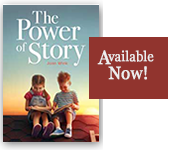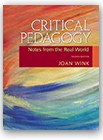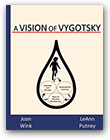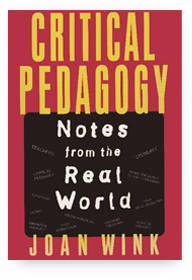(pens/pencils from Dreamstime, 60890206)
Dear WinkWorld Readers,
Recently, Steve Krashen reminded me of a paper he had published in 2005, and I liked it so much this time around, that I even printed it. The paper focuses on how good writers write. At the bottom of this WinkWorld, I am listing the citation and posting the PDF of the article for your convenience.
While I was reading the 2005 article, I thought I would write a little bullet-point summary for you, dear WinkWorld Readers. However, when I got to the end of his paper, I discovered that “Steve-always-one-step-ahead-of-me-Krashen” had already created this for us. Here it is.
I am using this paper to guide my thinking as I re-think, re-analyze previously collected data, and collect new data on library mapping.
What is library mapping?
Thanks, Steve. I’ve said it before: You are a handy research assistant.
Steve Krashen’s words follow:
I present here a summary of the major hypotheses presented. Some should more properly
be labeled “conjectures” because they are based on so little empirical data. Nevertheless,
they provide a start at discovering the answer to an extremely important question: How
people use writing to solve problems and make themselves smarter.
GWs (Good Writers) understand that revision helps them come up with new ideas. They
do not confuse revision with editing, and regard their first drafts as tentative.
GWs have a plan before writing, but the plans are flexible.
GWs frequently reread what they have written.
GWs delay editing (formal aspects) until their ideas have been worked out.
GWs intersperse periods of relaxation with periods of intensive activity, to encourage problem-solving and loosen writers blocks.
GWs treat writing as a job, keep regular hours and/or have set goals, and write regularly. They do not engage in binge writing.
GWs delay considerations of audience until their ideas have been worked out.
GAWs (Good Academic Writers) work in a relaxed but focused manner. They ignore deadlines.
GAWs write out their ideas before “reviewing the literature.”
GAWs read narrowly, reading only what they need to read that applies to the problem they are working on now. They do not attempt to “keep up with the literature.”
GAWs return to their plan frequently while reading the research of others.
GAWs recognize the importance of secondary and meta-analysis and understand that primary research is only one way of doing research.
GAWs take advantage of existing sets of data, and try to do unobtrusive studies. They take full advantage of tools developed by other scholars.
GAWs delay consideration of where their work will be published until their ideas have been worked out.
Strategies for writing up empirical studies:
- There is one central table in every empirical study: GAWs consider the content of
this table before gathering data. - The first step in writing up the paper is constructing the central table, followed by
the peripheral tables and the prose parts of the results section. The next step is to
write up the procedure section. - GAWs then write the conclusion.
- GAWs then write the introduction, which is not a “review of the literature” but is
focused on the particular study.
GAWs deal with reviews, criticisms and rejections without delay. They understand that there is some arbitrariness in reviews, and that many journals are conservative, but GAWs usually succeed in getting their work published in appropriate places where the desired readership will see their work.
GAWs accept criticisms and comments that are helpful to them, and do not accept those that are not.
The Composing Process and the Academic Composing Process
Stephen Krashen
In Selected Papers from the Fourteenth Interntional Symposium on English Teaching.
English Teachers’ Association/ROC, Taipei. Taipei: Crane Publishing Company. pp.
66-77. 2005.
2005_composing_&_academic_process_krashen 2







